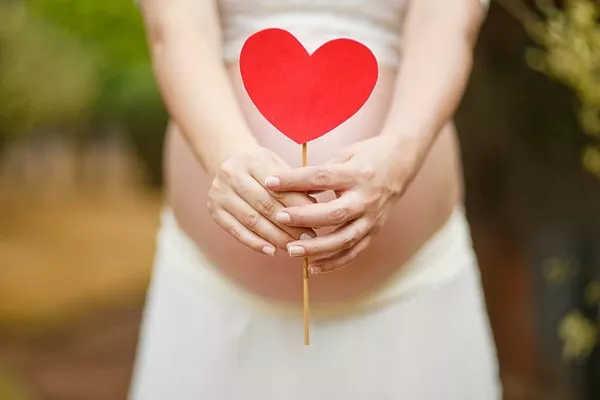The journey of pregnancy begins with conception, a miraculous process where an egg is fertilized by a sperm, leading to the formation of a zygote. While it may be too early to detect most pregnancy symptoms, there are subtle changes that occur one week after conception. In this article, we’ll explore what to expect during this initial stage of pregnancy, discussing potential changes in the body, hormonal shifts, and the significance of this early period.
The Science of Conception
1. Fertilization and Implantation
Conception occurs when a sperm successfully penetrates an egg, resulting in fertilization. The fertilized egg, now called a zygote, undergoes division as it travels down the fallopian tube and eventually implants itself into the uterine lining.
2. Hormonal Changes
Following conception, the body begins to produce human chorionic gonadotropin (hCG), a hormone commonly used in pregnancy tests. The presence of hCG is a crucial indicator of pregnancy and plays a role in maintaining the uterine lining.
Subtle Changes One Week After Conception
1. Implantation Bleeding
Around one week after conception, some women may experience implantation bleeding. This light spotting occurs as the embryo burrows into the uterine lining. Implantation bleeding is typically shorter and lighter than a regular period.
2. Hormonal Fluctuations
The surge in hCG levels can trigger mild hormonal changes. Some women might notice subtle mood swings, increased sensitivity, or changes in appetite during this time.
3. Fatigue
While it’s still early in the pregnancy, some women report feeling more tired than usual. Hormonal changes and the energy demands of early embryonic development can contribute to feelings of fatigue.
See Also: Female Fertility & Menstrual Cycle: Things You Need to Know
Monitoring Basal Body Temperature
1. Tracking Changes
Some women track their basal body temperature (BBT) to detect ovulation and potential changes after conception. A sustained increase in BBT might indicate successful implantation.
2. Variances in BBT
While some women experience a slight rise in BBT after conception, individual variations can make this method less reliable as a sole indicator of pregnancy.
The Role of Pregnancy Tests
1. Detecting hCG
Pregnancy tests work by detecting the presence of hCG in urine. While some tests claim to provide results before a missed period, waiting until after your expected period can yield more accurate results.
2. Early Pregnancy Tests
There are early pregnancy tests designed to detect lower levels of hCG, allowing for testing a few days before an expected period. However, false negatives are still possible due to variations in hormone levels.
See Also: Will a Pregnancy Test Show 2 Weeks After Conception?
Emotional Considerations
1. Anticipation and Excitement
For many women, the week following conception is a time of anticipation and excitement. Thoughts of potential pregnancy and the beginning of a new life journey can evoke a range of emotions.
2. Patience and Realism
It’s important to approach the early stages of pregnancy with patience and realism. While some changes may occur, most pregnancy symptoms typically manifest a few weeks later.
Next Steps and Follow-Up
1. Prenatal Care
If you suspect you might be pregnant, consider scheduling a visit with a healthcare provider. Early prenatal care is essential for monitoring your health and the health of your developing embryo.
2. Lifestyle Considerations
In these early stages, maintaining a healthy lifestyle is crucial. Focus on a balanced diet, staying hydrated, and avoiding harmful substances like alcohol and tobacco.
Conclusion
In conclusion, the week following conception marks the beginning of a remarkable journey into pregnancy. While subtle changes may occur, it’s important to approach this period with patience and realistic expectations. Implantation bleeding, hormonal fluctuations, and increased fatigue are potential signs, but they are not always definitive indicators of pregnancy. Monitoring basal body temperature and using pregnancy tests can offer additional insights, but consulting with a healthcare provider remains the most reliable way to confirm pregnancy. As you navigate this exciting time, remember that each woman’s experience is unique, and the true signs of pregnancy typically become more apparent in the weeks that follow.


